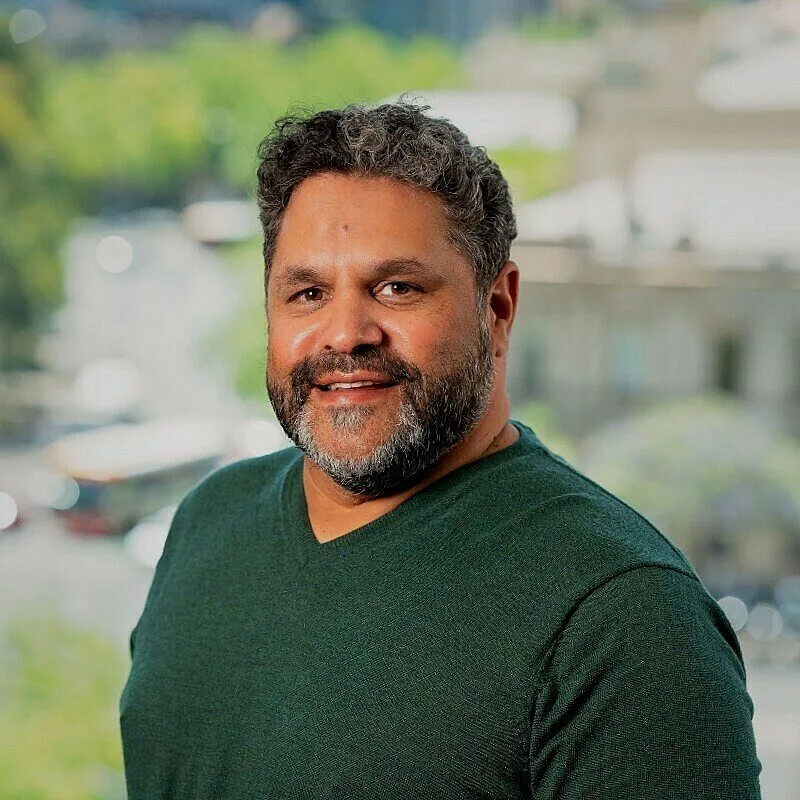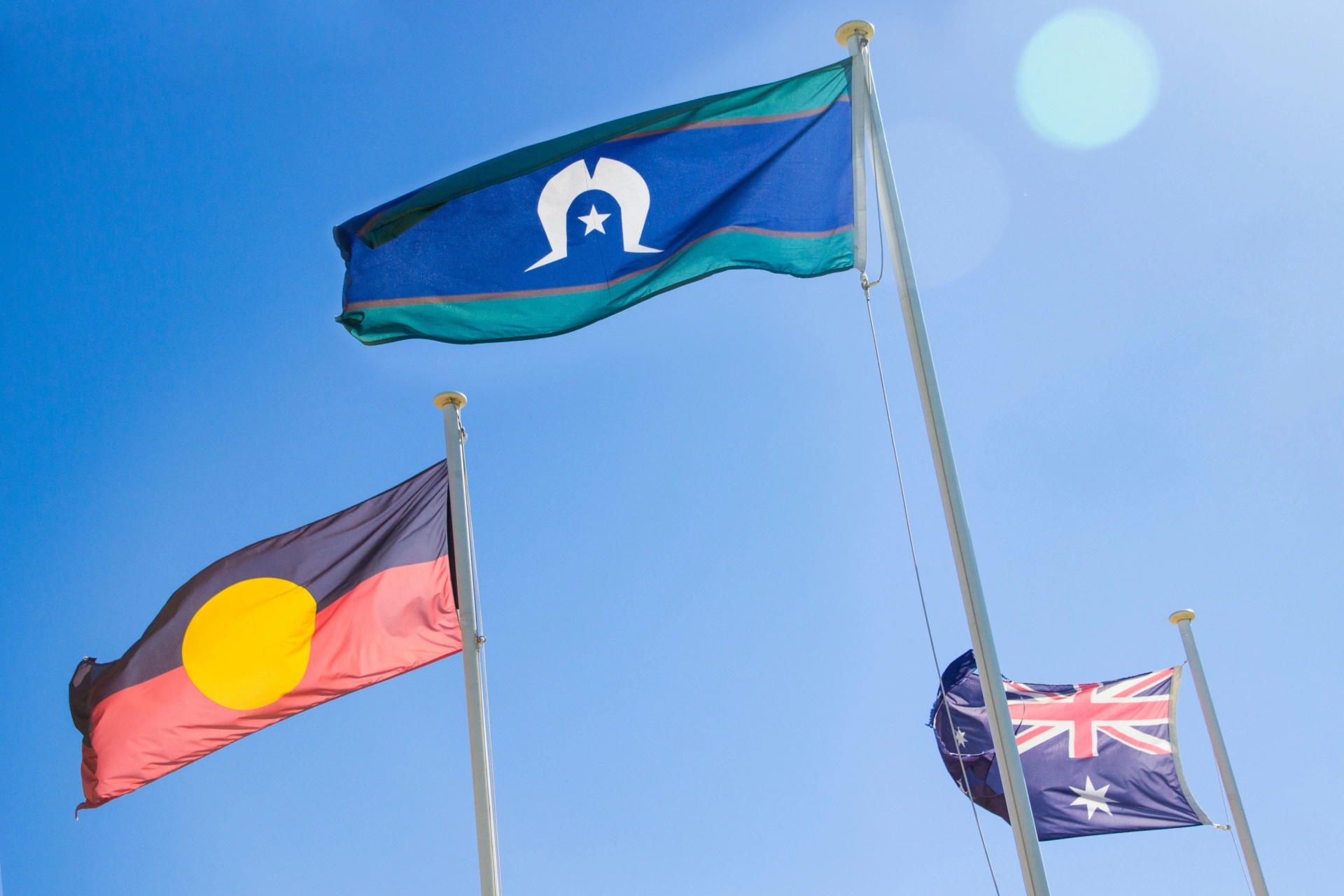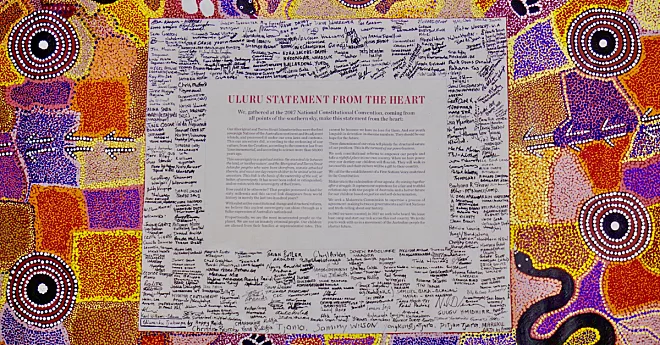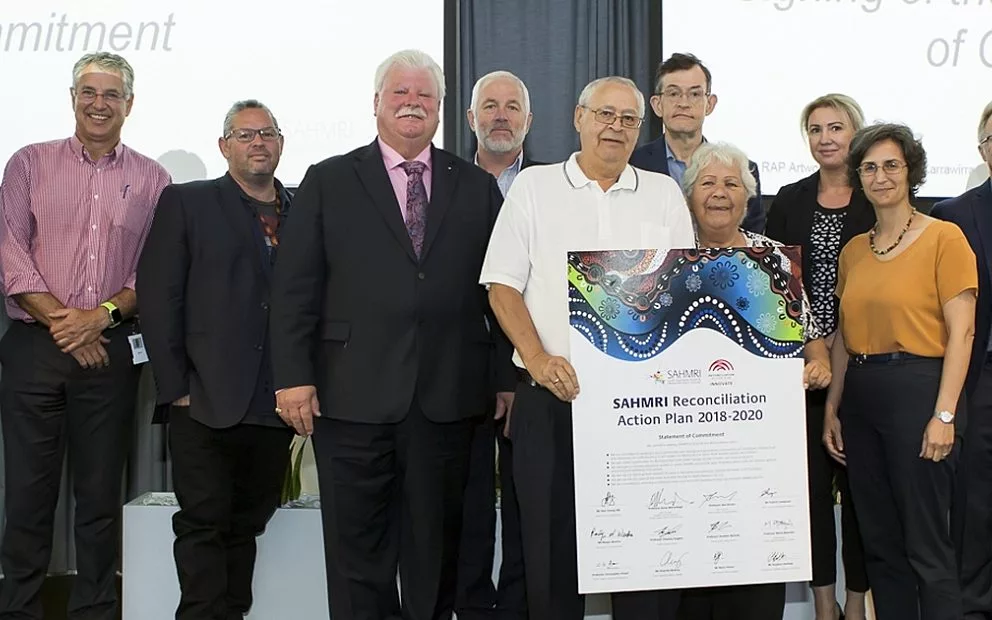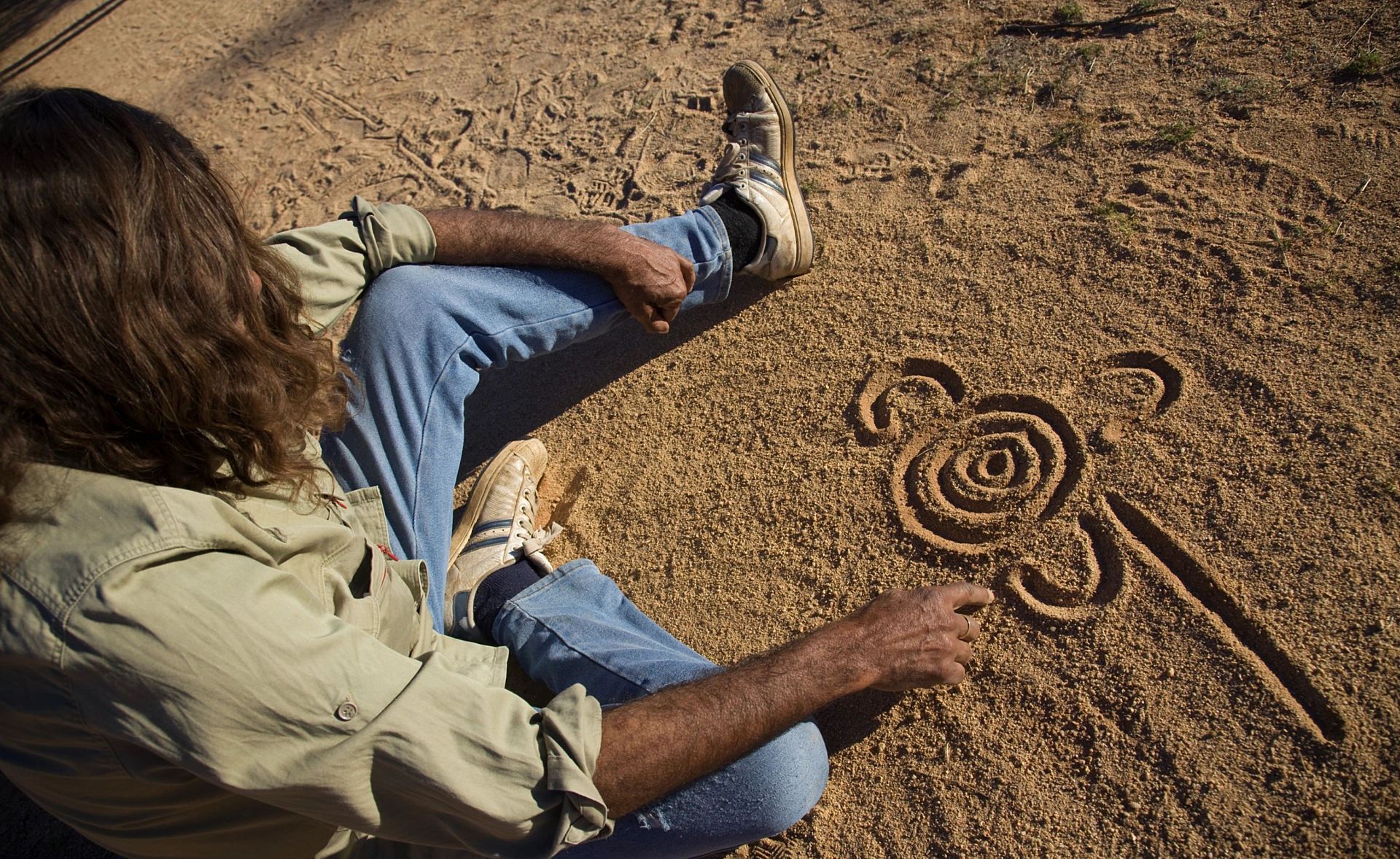By Clyde Rigney, SAHMRI Reconciliation Action Plan (RAP) Coordinator
Growing up in South Australia, in a family that has been actively involved in Aboriginal community development, has provided me with unique insights, experiences and importance of the commitment needed to address the challenges that men, women and families in the Aboriginal community face on their journey to wellbeing.
A big part of this journey for a lot of people is being somewhere that they feel they belong, feel seen and accepted. These experiences have very much shaped my life, and in particular my working life, to be involved in work that supports important developments to improve the wellbeing of society.
It is SAHMRI’s commitment to Reconciliation and the opportunity to be a part of this that has brought me here, where I very much look forward to working with people across the institute, and our partners, as RAP Coordinator. SAHMRI’s reconciliation journey is taking an exciting step forward as we progress to the Stretch stage of the Reconciliation Australia RAP Framework, another indicator of commitment and maturity, to build on the strategies and approaches developed and implemented through defined and measurable targets and goals, not just for SAHMRI but also through our sphere of influence.
Reconciliation is important work, and it is everyone’s business. It consists of five dimensions that touch all aspects of society here in Australia - race relations, equality and equity, institutional integrity, unity and historical acceptance.
I join SAHMRI at an important time, in the lead-up to National Reconciliation Week. This year’s theme is ‘Be a Voice for Generations’, so what a great opportunity for the broad SAHMRI community to get involved, continue to talk and discuss the five dimensions of reconciliation, our shared history and to be a voice for Reconciliation in tangible ways in our everyday lives – where we live, work and socialise.
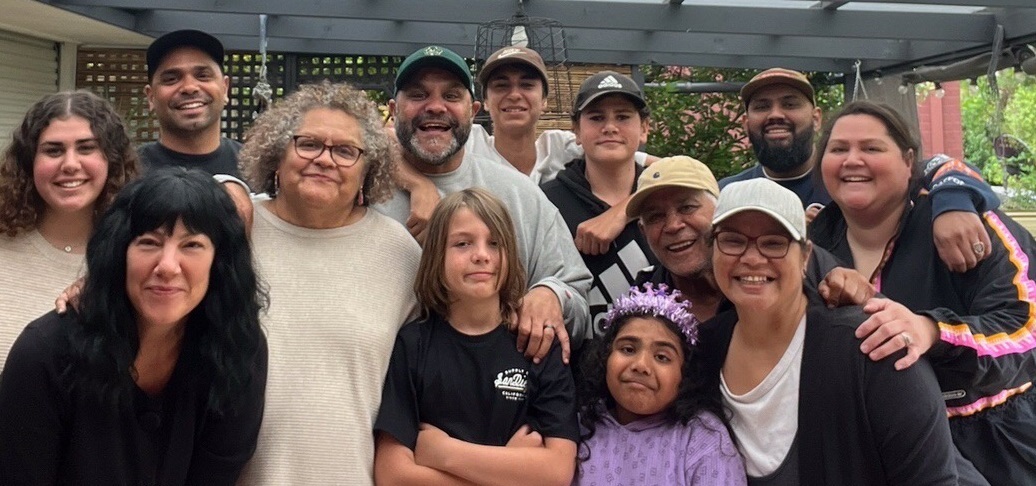
Reconciliation has been a focus area of my work in recent years because it is an important conversation that we need to have. Australia, specifically for us, South Australia, has a shared history that for many is still being heard for the very first time. Reconciliation in Australia is a relatively new conversation, first commencing in 1991 in response to recommendations made by the Royal Commission into Aboriginal Deaths in Custody. Australia made a formal commitment to reconciliation by establishing the Council for Aboriginal Reconciliation.
For me, this was a much welcomed development and conversation, to discuss Australia’s shared history and the impacts of the legislation and policies that shaped the interaction and relationship between Aboriginal and Torres Strait Islander people and communities in Australia and the broader Australian public. Discussing these impacts is an important first step, however genuine Reconciliation is an ongoing journey requiring an ongoing commitment.
